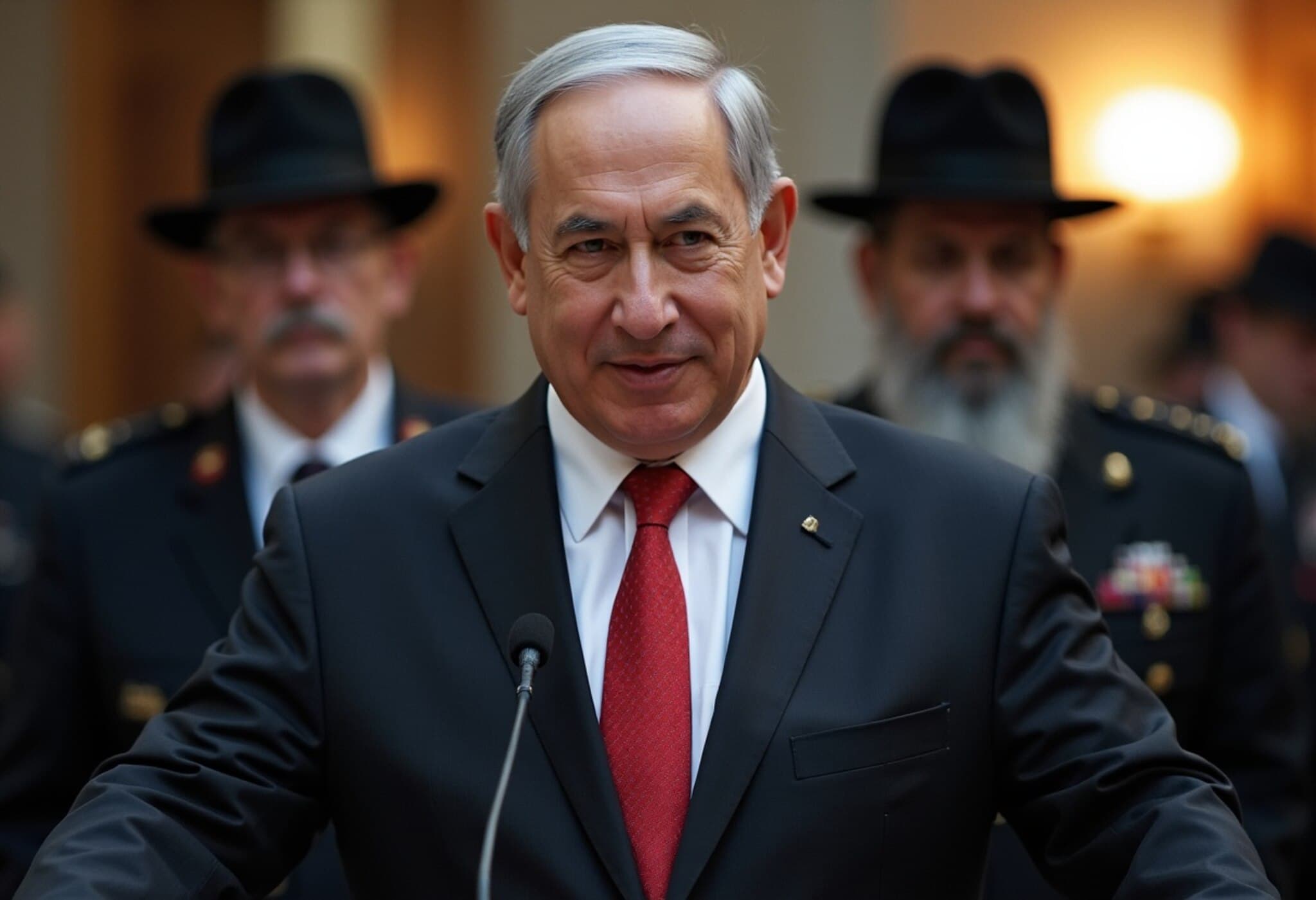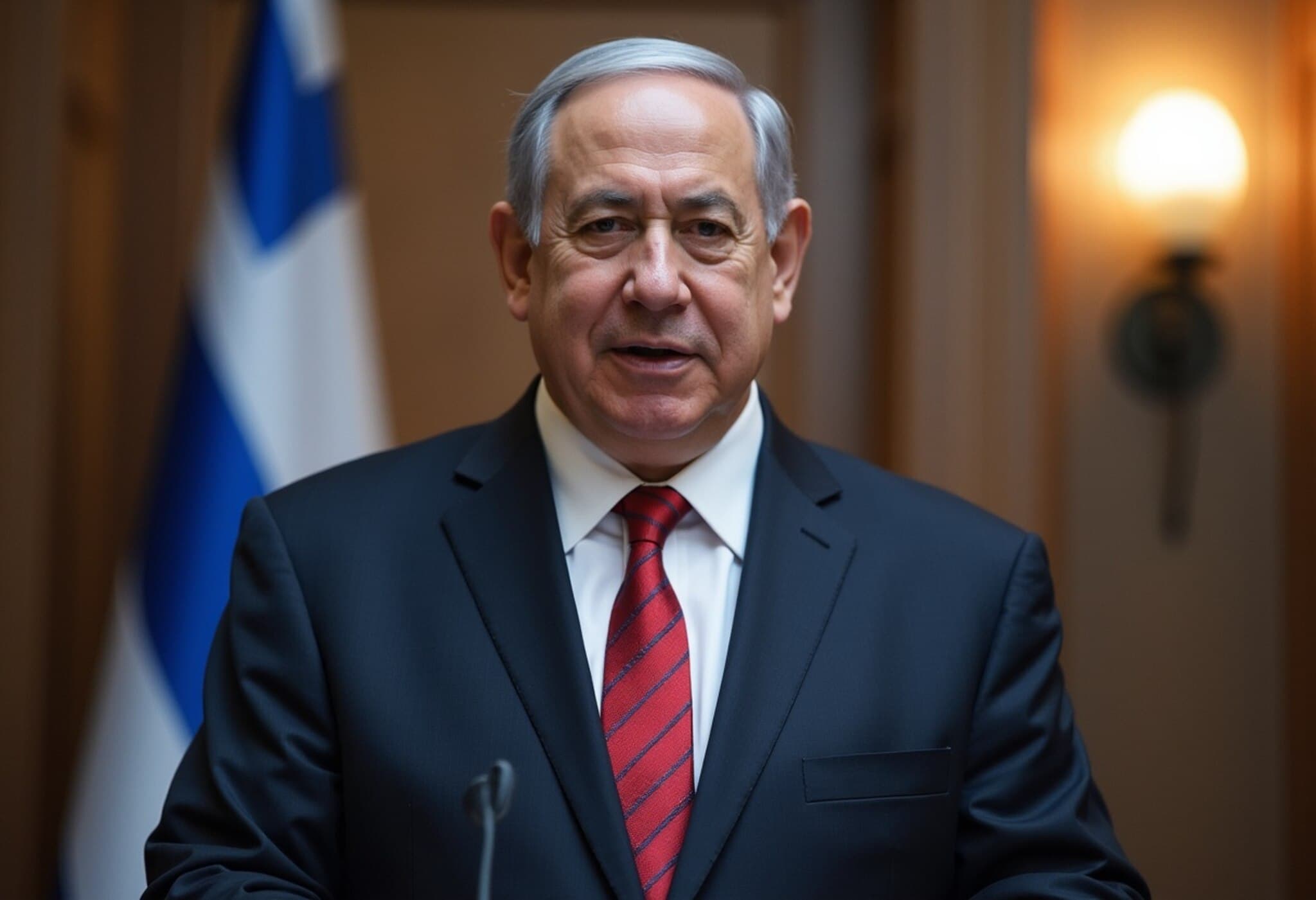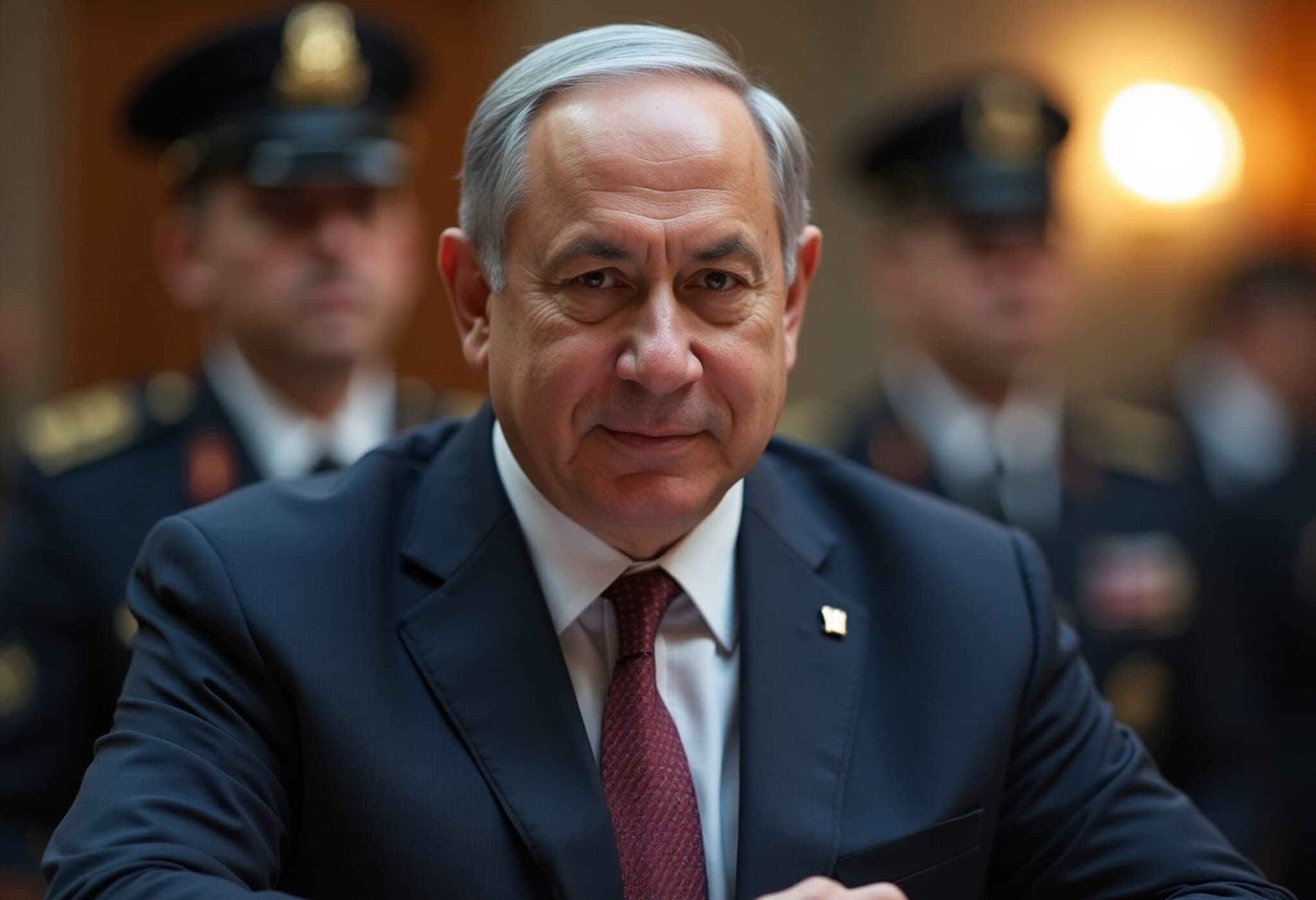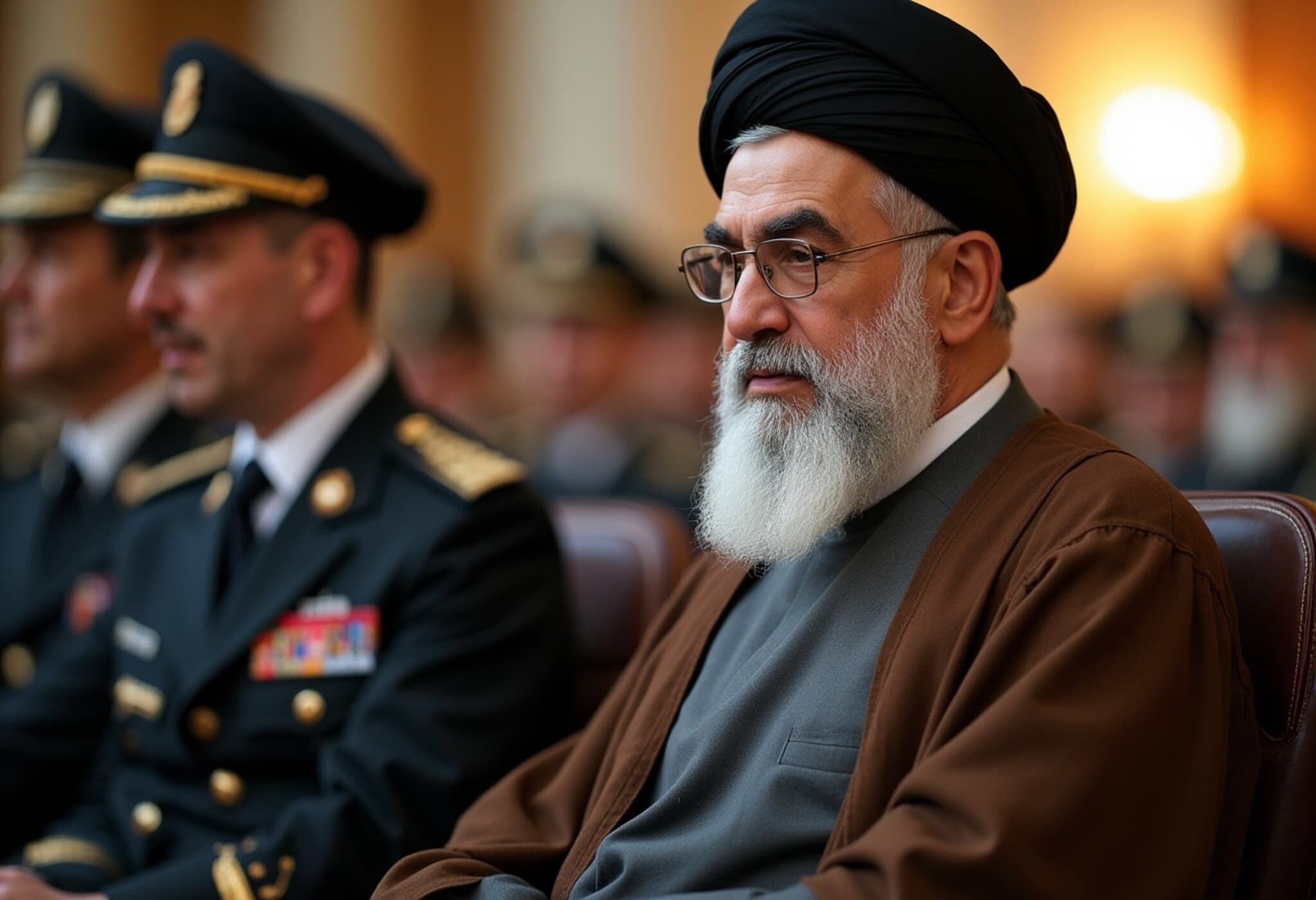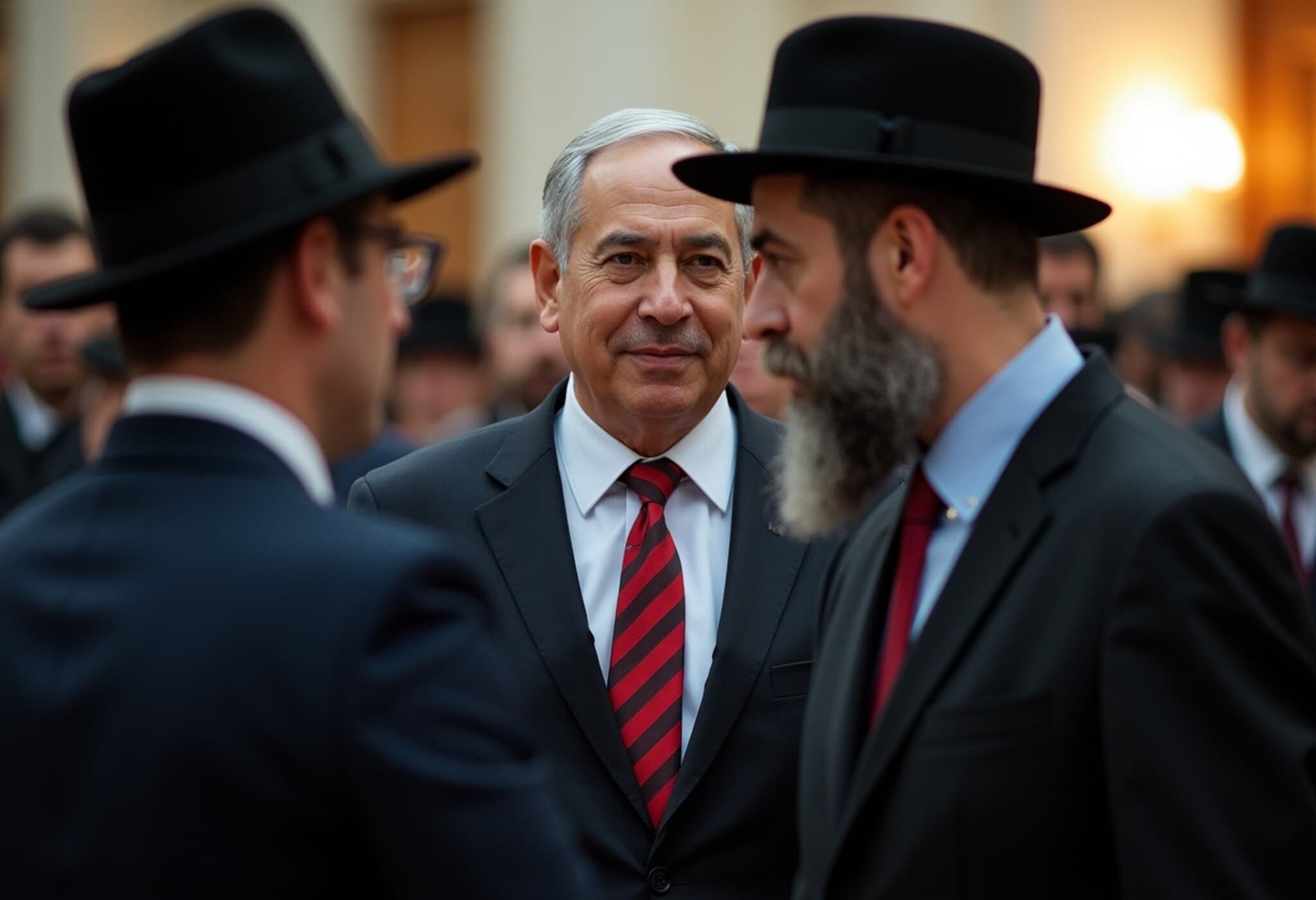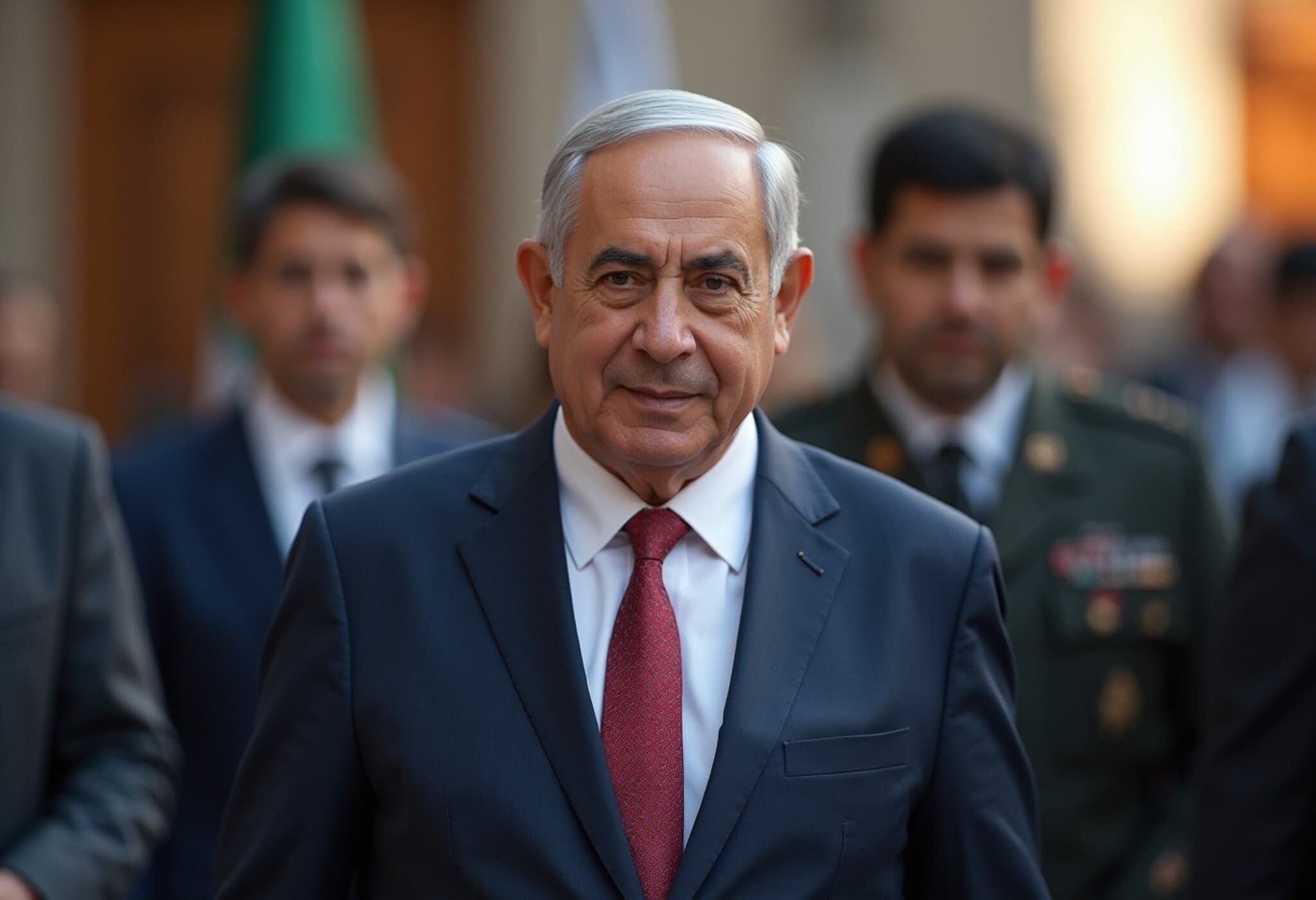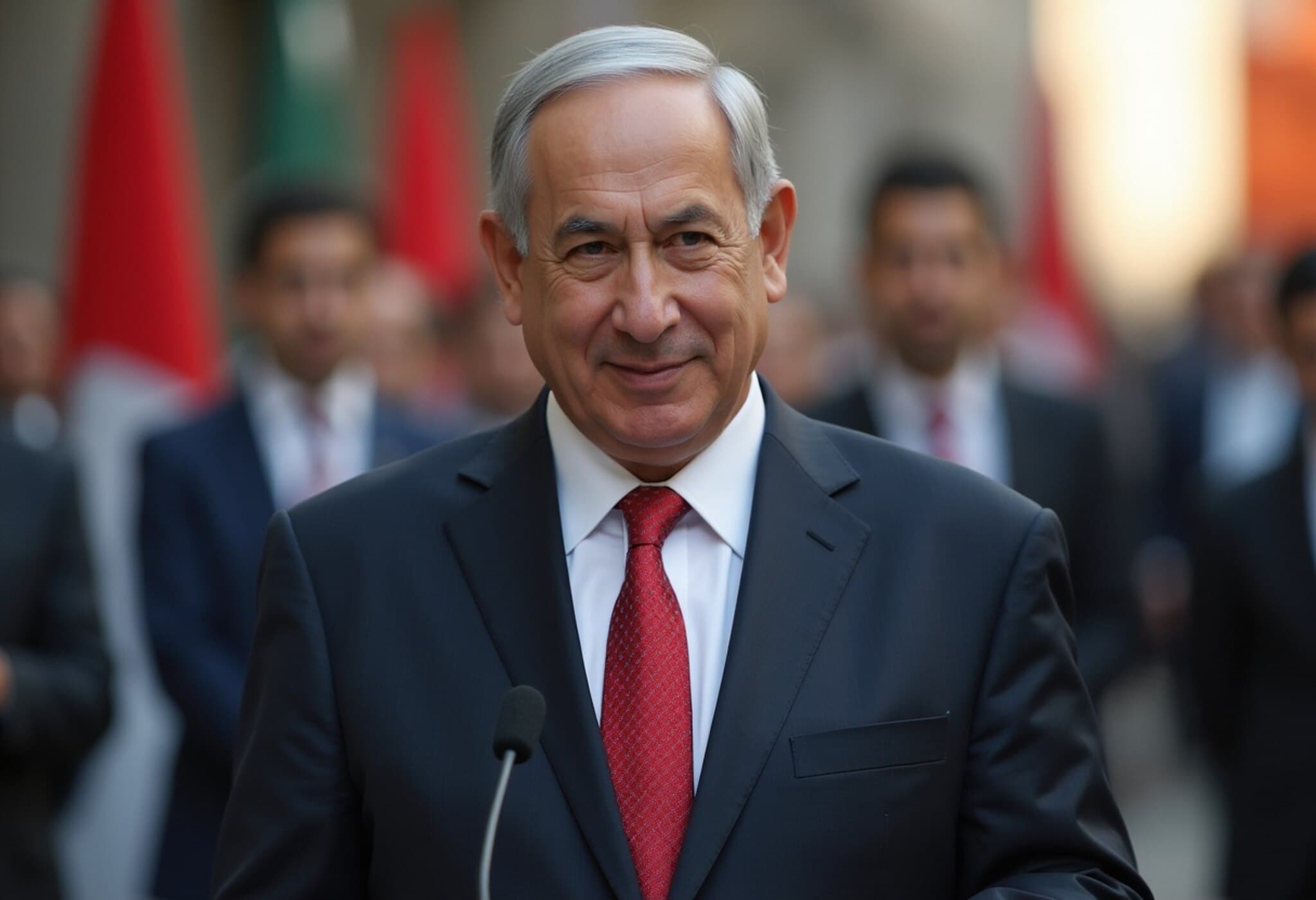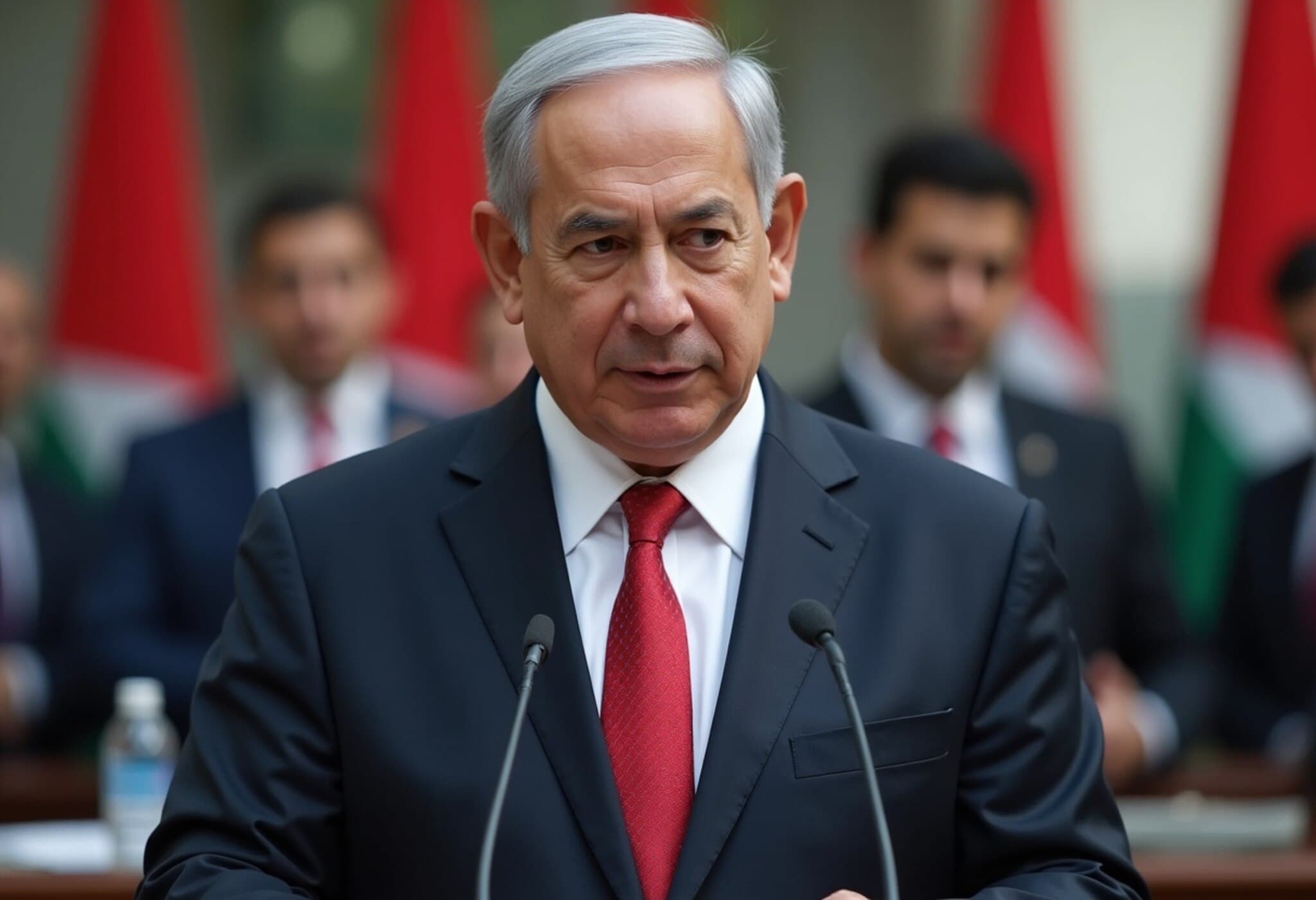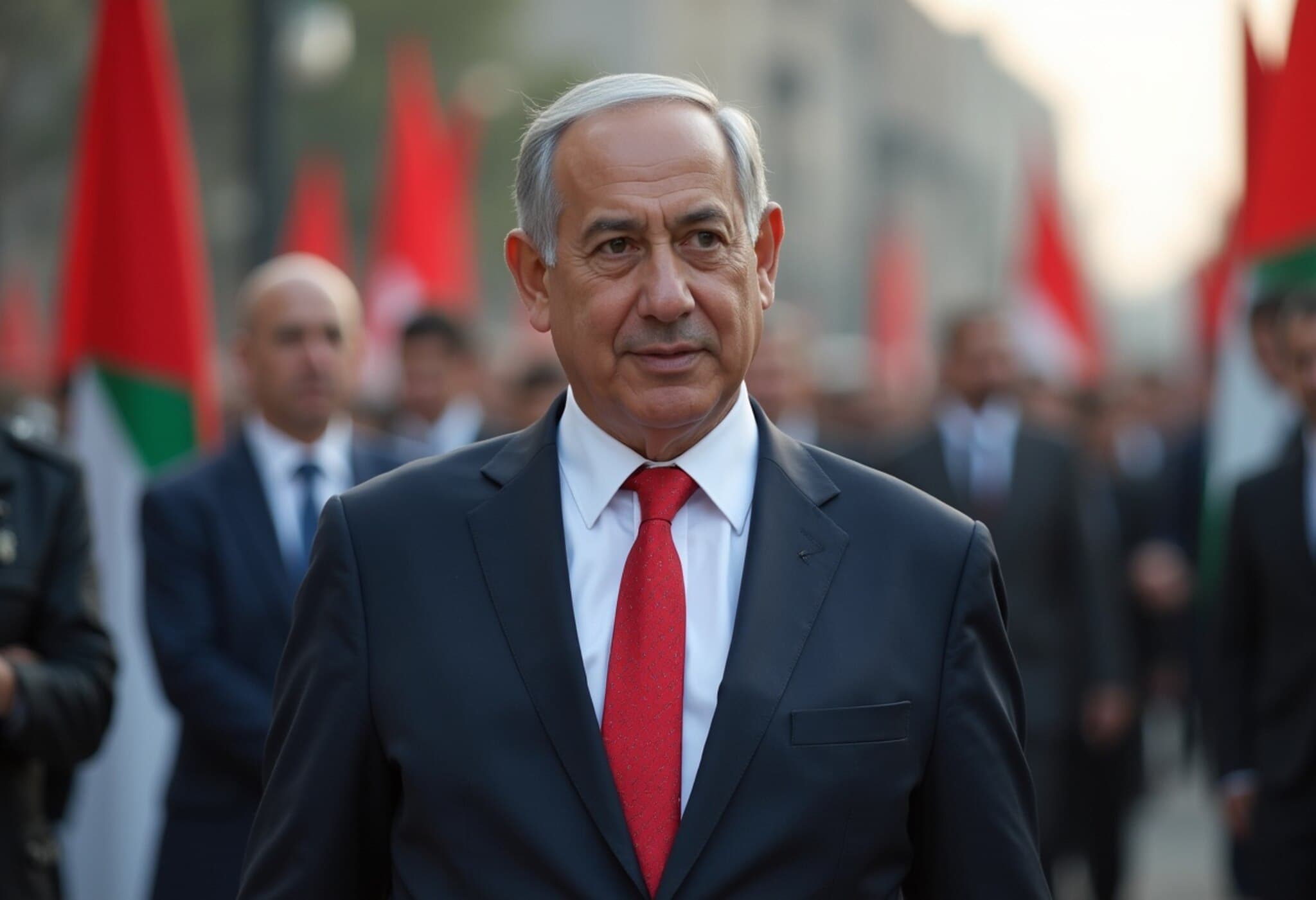Israel's Knesset to Vote on Dissolution over Military Conscription Dispute
Israel's parliament, the Knesset, is set to conduct a pivotal vote on Wednesday to dissolve itself, a move ignited by a fierce disagreement over mandatory military service. This development marks the first formal step toward a possible early election, scheduled before the originally planned date in late 2026.
Political Turmoil Fuels Early Election Prospects
Current opinion polls indicate that Prime Minister Benjamin Netanyahu and his coalition could face significant setbacks if early elections occur. The vote on dissolution is merely the initial approval out of four required parliamentary endorsements to officially call an election.
However, there is a chance the vote could be postponed or canceled if the ruling coalition manages to reach a compromise on the contentious conscription bill beforehand. The process itself allows for several days or even months of negotiation and committee review, granting Netanyahu’s government an opportunity to resolve the deadlock.
The Military Draft Dispute: A Nation Divided
At the heart of this political crisis is the debate over mandatory military service exemptions for ultra-Orthodox Jewish seminary students. Religious parties within Netanyahu’s coalition want to preserve these exemptions, while other lawmakers and much of the public demand their termination.
This issue has become especially charged amid Israel’s ongoing conflict in Gaza, where the military is under tremendous strain and facing its highest casualties in decades. The Gaza war has deepened divisions, with nearly 55,000 Palestinians reported killed and over 400 Israeli soldiers lost since the conflict escalated. The severity of battlefield losses has intensified calls for a more equitable conscription policy.
Opposition Voices Demand Change
Opposition leaders have been vocal in criticizing Netanyahu’s government. Labour party lawmaker Merav Michaeli described the current administration as "toxic and harmful," emphasizing the urgency to end the Gaza war, secure the release of hostages, and rebuild the nation. Ultra-Orthodox factions threaten to support the dissolution to force early elections if their exemption demands are not met.
Boaz Bismuth, a member of Netanyahu’s Likud party, warned that dissolving parliament during wartime would only play into the hands of Israel's adversaries.
What Lies Ahead: The Road to Possible Early Elections
- The initial dissolution vote requires 61 out of 120 Knesset members to pass.
- After the first reading, the bill moves to a committee phase for further discussion.
- If fully approved, elections must be organized within five months.
- The extended legislative process offers Netanyahu’s coalition a window to negotiate and potentially prevent the snap vote.
The outcome of these political maneuvers carries significant weight in a country still grappling with the social and military repercussions of a brutal war and an increasingly polarized society.

